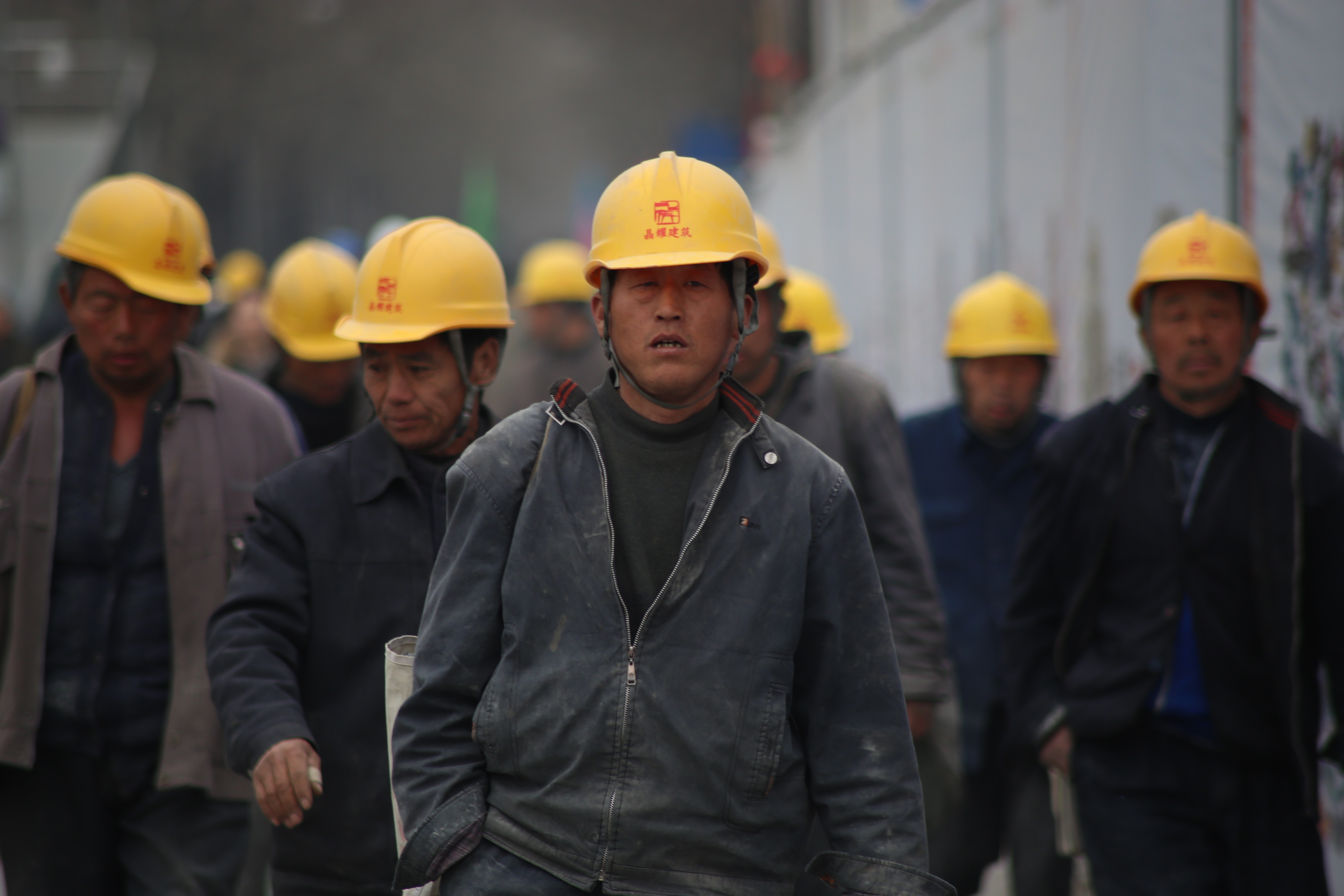China’s economic policy “held hostage” by skewed sex ratio

President Xi Jinping opened the Communist Party Congress in Beijing on Wednesday pledging the start of a “new era” and policies for a more “prosperous and beautiful” China. But the large proportion of unmarried men in the Chinese population will make much needed economic reforms challenging.
There are 106.3 males for every 100 females in China, which is significantly higher than the average global ratio of 101.8 to 100. These statistics are a result of extreme gender bias intensified by the one child policy, a population control strategy that restricted multiple births in Chinese families between 1979 and 2015. During this time the strong preference for male children led to many parents choosing to abort unwanted female foetuses, skewing the population sex ratio.
The growing surplus of young, unmarried men, known as "bare branches," is associated with problematic trends such as rising crime, income inequality, and an increasing proportion of elderly people dependent on the working population. Bare branches are usually low-skilled, as men with better education and higher income are more likely to marry, and tend to be employed in industries such as construction and heavy industry.
The Chinese government invested heavily in construction and industry over the past decade to avoid the global economic downturn and drive growth. The economy is now at risk of stagnation and is suffering from overcapacity in autos, cement, glass, solar cells, aluminum, and coal. However, economic restructuring and a shift to consumption-led growth would result in high unemployment amongst the bare branch demographic and the potential for widespread unrest.
Wei Huang explored the one child policy for IZA World of Labor, stating that the strategy will continue to have “a large and persistent impact on many aspects of society” in China. Huang believes that the policy has been “significantly understudied” and calls for “considerable further research” in order to “extrapolate lessons from China’s experience to inform future policy decisions.”